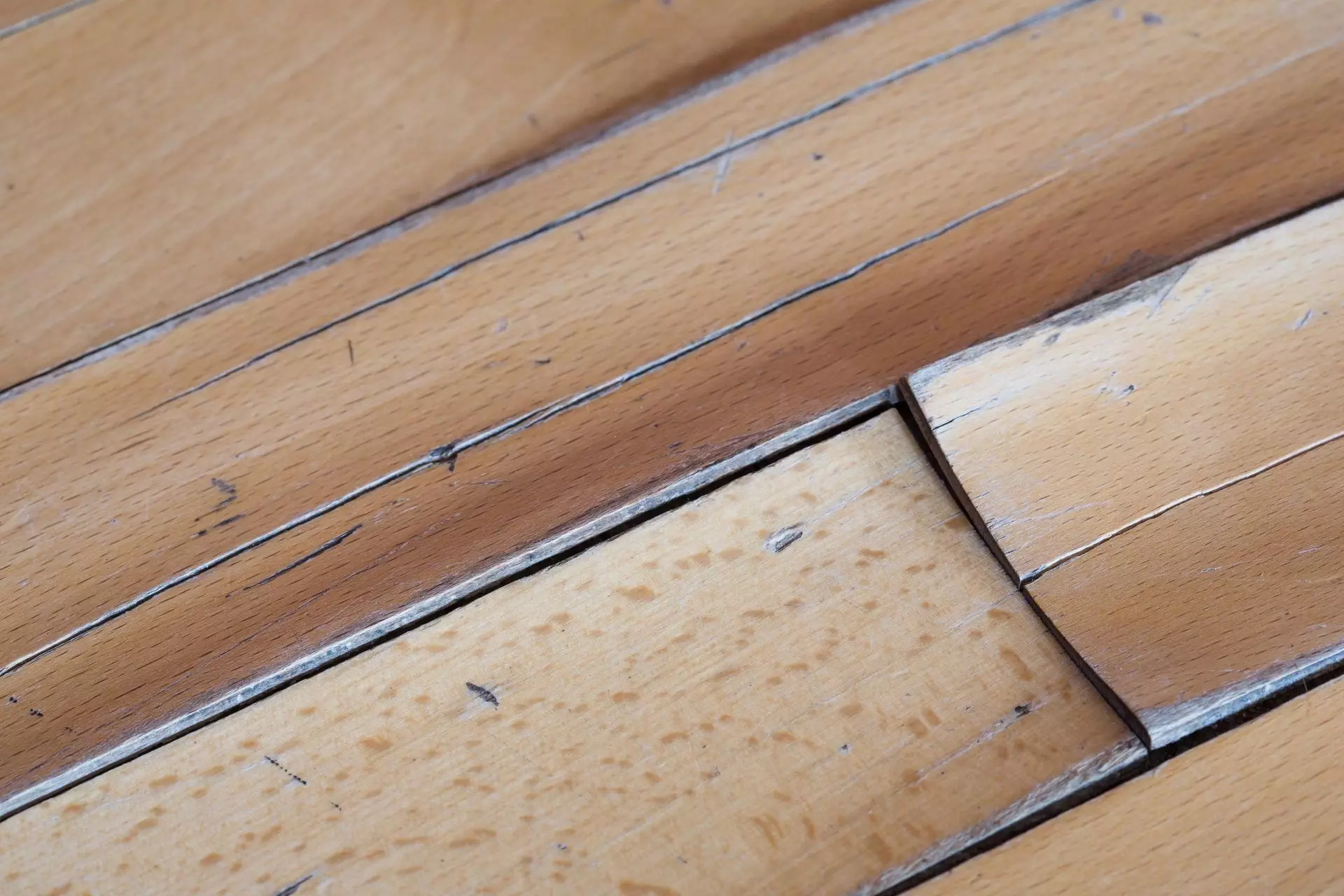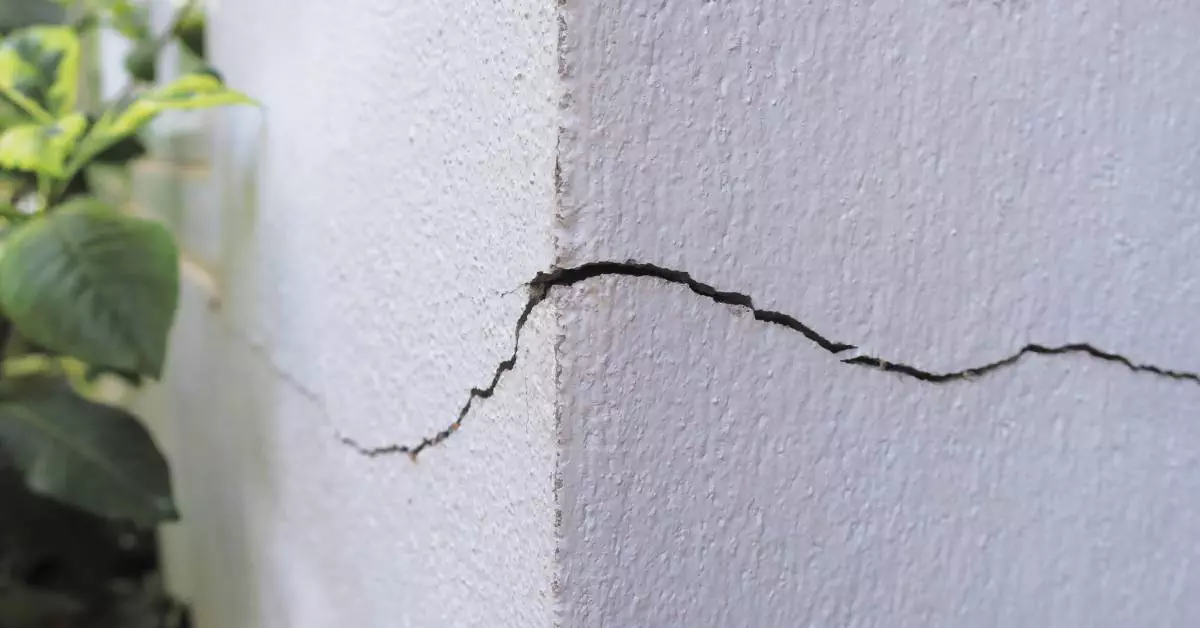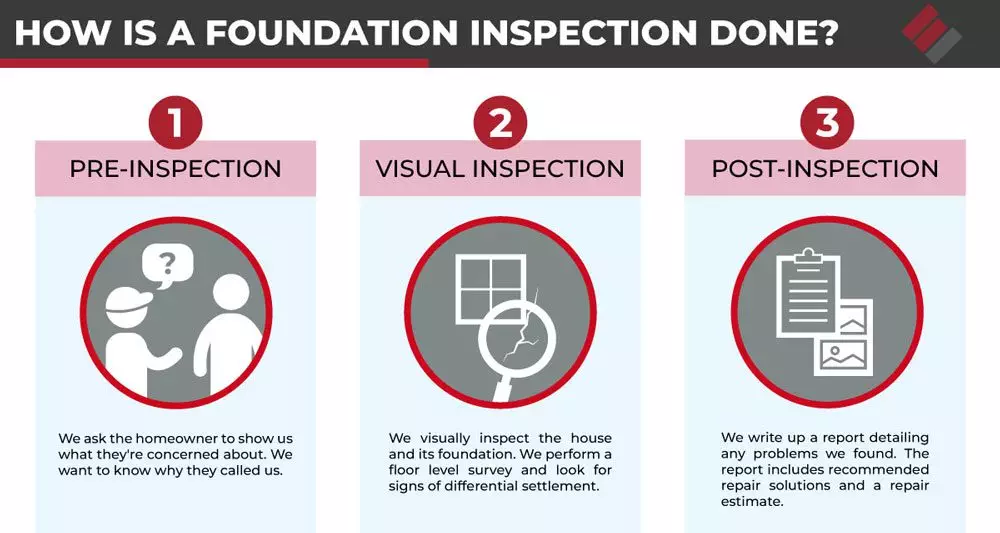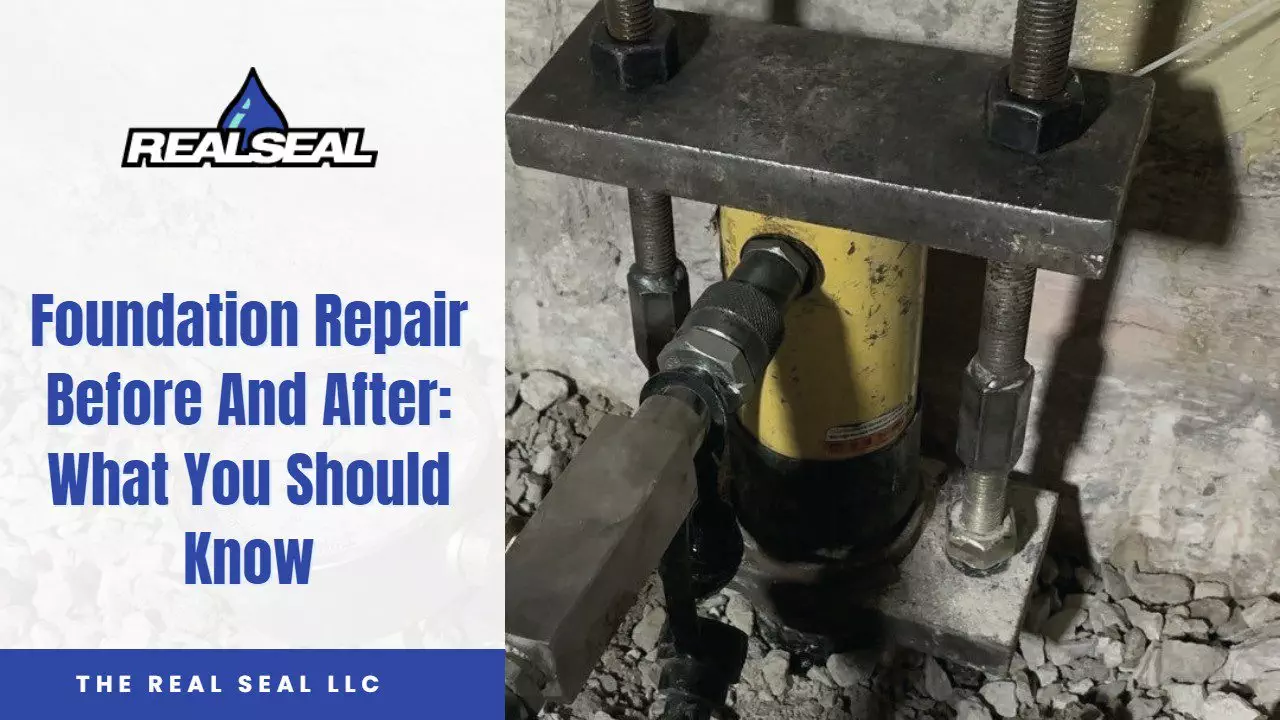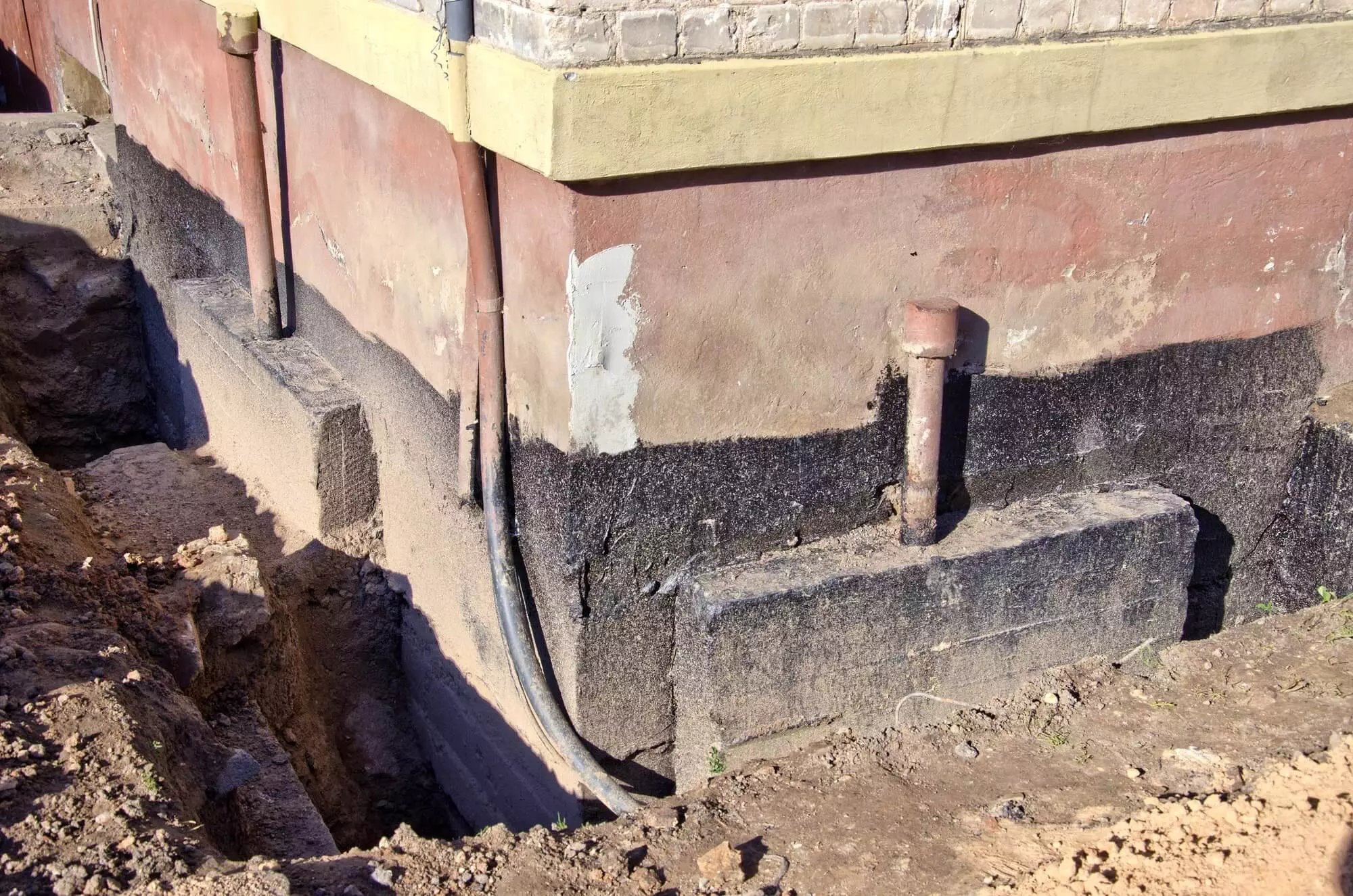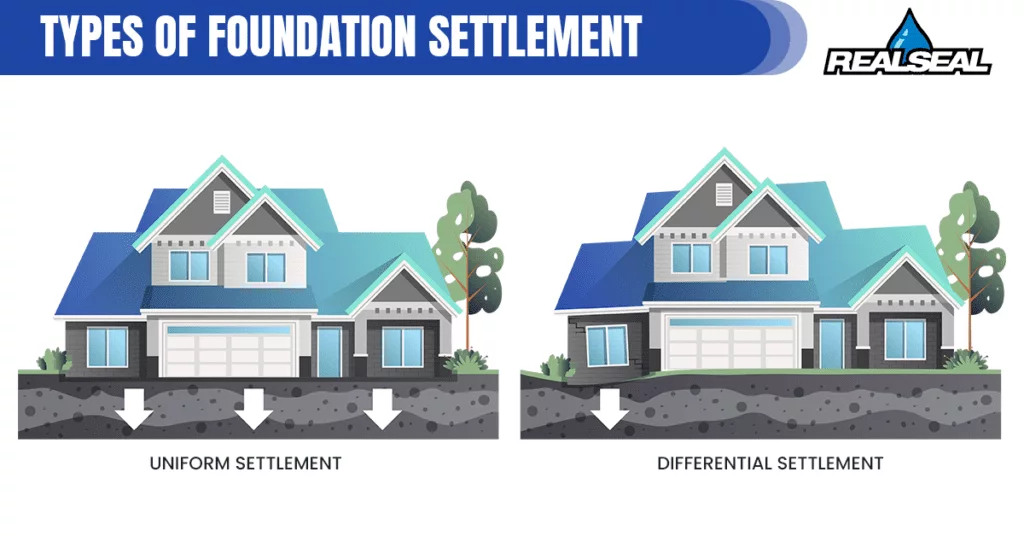
Get Rid of Foundation Inspection Worries, Once and For All
Ever wondered about the importance of a foundation inspection in [county]? Your home rests on its foundation, and keeping it in top condition is crucial. In fact, foundation issues are responsible for up to 80% of structural problems in homes. Recognizing these issues early can save you costly repairs down the line. You might be thinking it’s just another task on your to-do list, but understanding the process can bring peace of mind and potentially save you thousands of dollars.
Home foundation inspections can make all the difference in maintaining your property’s value. With foundation inspection services, experts evaluate potential problems, check for cracks, and ensure your home remains structurally sound. Have you ever encountered cracks in your walls or doors that don’t close properly? These might be signs of foundation issues. Knowing what to look for and how to address it will ease your worries.
Ready to dive deeper into how to tackle these concerns? Discover how you can confidently manage foundation inspections, find trusted experts, and understand the costs involved. Let’s get started on securing your home once and for all!
Within the post
Understanding Foundation Inspection [county]
Why Home Foundation Inspection Matters
You might wonder why a home foundation inspection is so important. Well, imagine your home is like a plant. Without strong roots, a plant cannot stand tall and healthy. Similarly, without a good foundation, your home cannot remain safe and sound. A foundation inspection [county] helps identify issues before they become major problems. It’s a proactive way to ensure your home is in good condition.
Think about your home’s foundation like the key element of a puzzle. Every piece has its place, and if one is off, it affects the whole picture. By inspecting your foundation, you’re protecting your entire home from potential damage. You’ll find peace of mind knowing your home is stable and secure.
Components of Structural Inspection
Now, let’s dive into what a structural inspection involves. A good inspection looks at several components. First, the inspector examines the concrete slabs, walls, and any cracks. These cracks might seem minor but can lead to bigger issues. The inspector also checks floors and ceilings for signs of unevenness, which could indicate problems with the foundation.
Another important part is looking for water damage. Water can weaken structures and lead to costly repairs. Therefore, inspectors also check for moisture. They also inspect drainage around your home to ensure water doesn’t pool near the foundation.
Importance of Foundation Repair
If your inspection reveals problems, foundation repair might be necessary. This is not something to take lightly, as ignoring it could lead to more significant damage. Repairs can involve filling cracks, reinforcing walls, or improving drainage. It’s all about addressing the issues as soon as they are found.
Repairing your foundation helps maintain your home’s value. It’s like tuning up a car to ensure it runs smoothly. You wouldn’t want your car to break down because of a small issue left unchecked, would you? The same goes for your home.
Foundation Assessment Process
Foundation Evaluation Steps
The foundation evaluation process often begins with a visual inspection. Inspectors look for visible signs of trouble, like cracks or uneven floors. Then, they use tools to measure how level the floors are. They might also check the structure with special instruments to see how stable it is.
Assessors will review the soil conditions around your home. Soil can expand or contract with changes in moisture, impacting your foundation. A thorough assessment ensures safety; it helps spot potential issues early. Therefore, catching a problem sooner means less damage and lower repair costs.
Choosing the Right Foundation Inspection Services
When selecting foundation inspection services, you want qualified experts. Look for inspectors with good credentials and plenty of experience. Experience matters in evaluations because it allows the inspector to identify problems accurately.
- Check credentials
- Review past work
- Get recommendations
Consider various services as they can vary widely in their approach and cost. Some might focus on a specific part of the inspection, while others provide comprehensive assessments. This can help you avoid unexpected issues later by assessing service quality carefully.
Budgeting for Foundation Inspection Cost
Thinking about the foundation inspection cost? Planning your finances for inspections is essential. Costs can vary based on the size of your home and the complexity of the inspection. To avoid surprises, get estimates from multiple service providers. This way, you can compare and budget accordingly.
And remember, while a cheap inspection might seem tempting, it’s not always the best choice. Quality and reliability should be your top priorities.
Essential Foundation Inspection Checklist
Having a foundation inspection checklist can be handy. It ensures you don’t miss any vital aspects during the inspection. Start with checking for any visible cracks or signs of damage. Next, examine the exterior surfaces for water damage. Check your floors and ceilings for obvious dips or bumps.
Residential Foundation Inspection Insights
When it comes to a residential foundation inspection, there are specifics to consider. Homes have unique challenges compared to commercial buildings. You should plan inspections regularly to keep your home safe. Prevent long-term issues by identifying concerns early on.
Remember, what works for a friend’s house might not work for yours. Each home is different, so tailor the inspection to your specific needs.
Consulting Foundation Inspection Experts
Talking to foundation inspection experts can provide invaluable insights. Seek expert advice to ensure you get an accurate assessment. Leveraging their experience can save you time and money. Experts can guide you through the process and help solve existing problems.
Plus, experts can explain what’s truly urgent and what can wait, making it easier to prioritize repairs.
Addressing Common Foundation Issues
Through a foundation inspection [county], you can identify common foundation problems. Tackling these issues early is key. Proactive resolution can save you from headaches and costly repairs down the road.
Handling Cracks and Settling
Cracks and settling are common issues. Detecting cracks early can prevent them from getting worse. If your foundation is settling, it’s crucial to address it promptly. Settling can cause doors and windows to misalign, making them hard to open.
Prevention is often easier and less expensive than repair, so keep an eye on your foundation’s health.
Moisture and Drainage Solutions
Managing moisture levels is vital to foundation health. Too much moisture can cause your foundation to weaken. Ensure your home has proper drainage systems to keep water away from the foundation. You might need to install gutters or slope the ground to direct water flow.
Water can be a foundation’s worst enemy. But with vigilant care, you can keep your home dry and safe.
Soil Stability Considerations
Soil stability can affect your foundation. The soil may expand with rain and contract during dry spells. Therefore, monitoring soil conditions is crucial. You might need to adjust your home’s landscaping or drainage to ensure stability.
Staying informed about soil behavior can help prolong your foundation’s life and prevent costly repairs.
Long-Term Foundation Maintenance Tips
Maintaining your foundation over time is essential for your home’s longevity. Here are some tips to consider.
Regular Inspections and Evaluations
Schedule periodic assessments of your foundation. This helps catch issues before they become significant problems. Address them promptly to keep your home safe. Regular check-ups can also extend your foundation’s lifespan.
Think of it like a regular health check-up for your home. It’s preventative care, ensuring everything remains in top shape.
Cost-Effective Repair Solutions
Explore affordable repair options that don’t compromise quality. You don’t need to break the bank to maintain your foundation. Ensure repairs are reliable by choosing competent service providers. Investing in cost-effective solutions will save you money and stress in the long run.
Remember, sometimes a good bargain is not about the lowest price but the best value.
Investing in Quality Materials
Use high-quality materials for any repairs or renovations. Quality materials enhance your foundation’s strength and longevity. While they might cost more upfront, they’re an investment in your home’s future stability. Enhanced foundation strength means your home stands strong against the elements.
With the right materials and regular maintenance, you can sleep soundly knowing your home is secure.
Finding the Right Inspection Services
Evaluating Service Providers
Researching service providers thoroughly is crucial. Focus on their experience and reviews. Providers with a solid track record are more likely to deliver dependable results. This search will lead you to the best fit for your inspection needs.
It’s a bit like choosing a doctor. You want someone knowledgeable and trustworthy.
Questions to Ask Foundation Experts
When meeting with foundation experts, ask them about their inspection methods. Understanding what they look for and how can give you confidence in their service. Also, clarify their service scope. Make sure it aligns with your needs.
Communicating clearly with them ensures you’re both on the same page and helps avoid misunderstandings.
Signs You Need an Inspection
Wondering if you need an inspection? Look for warning signs like cracks in walls, sticking doors and windows, or uneven floors. Act promptly to avoid issues. If something feels off, it’s better to check now than regret later.
These signs are your home’s way of telling you it needs attention. Listen to what it says.
Preparing for an Inspection
Before an inspection, understand the inspection process ahead of time. Know what will happen and why. Gather necessary documents like previous inspection reports or repair records. Being prepared helps the inspection run smoothly and ensures nothing is overlooked.
This preparation is like packing for a trip. The more organized you are, the smoother the journey.
Staying Informed and Proactive
Stay informed about your foundation’s health. Regular updates on foundation condition keep you aware of any changes and potential issues.
Regular Updates on Foundation Condition
Keep track of changes in your foundation. This could mean noting new cracks or shifts. Adapt maintenance as needed to ensure safety and stability. Plan inspections as needed to stay ahead of issues.
Think of it as having a diary for your foundation. It keeps all details in one place for easy reference.
Communicating with Experts Effectively
When dealing with experts, share your concerns openly. Tell them everything you’ve observed. Request detailed reports to fully understand the foundation’s status. Clear communication leads to better results and more accurate inspections.
Remember, experts are there to help you, but they need all the information you can provide to do their job well.
Feel Confident in Your Foundation
You can now tackle foundation worries with confidence. Understanding the steps involved in a foundation inspection helps you identify potential issues early, saving you time and money. By staying informed about inspection processes, you ensure your home remains safe and sturdy for years to come.
It’s time to take action. Consider scheduling an inspection with a trusted expert to evaluate your home’s foundation. Making this appointment ensures any hidden problems are caught and fixed promptly. Check your calendar and set a date for your inspection. It’s a small step with big benefits.
Don’t wait for problems to arise. Act now to protect your home’s foundation. Schedule your inspection today and pave the way for peace of mind and a secure home. Your proactive approach makes all the difference!

